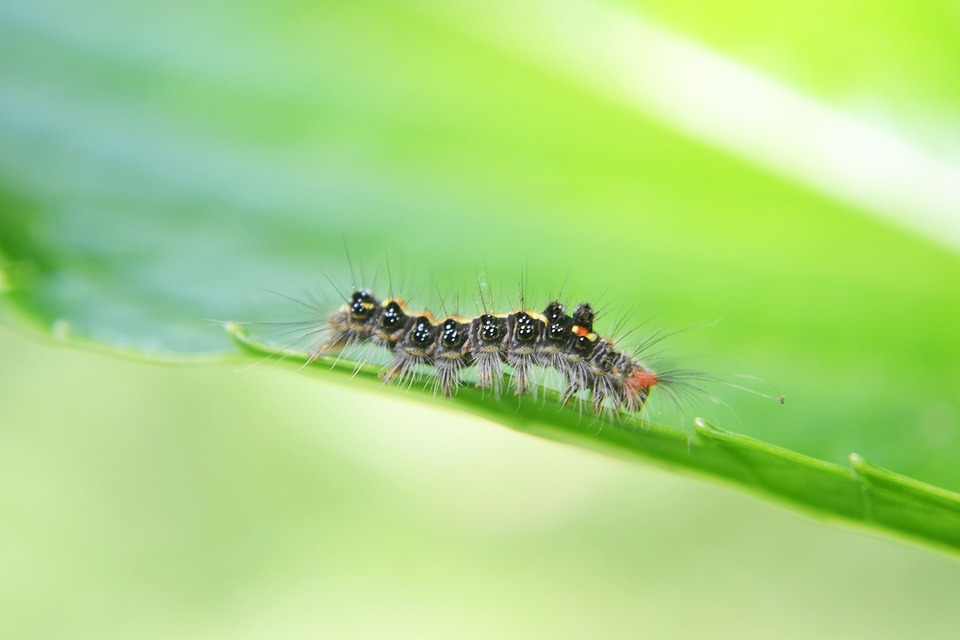Table of Contents
Winning the Battle Against Weeds: Effective Strategies for Weed Control
One of the biggest challenges faced by gardeners and farmers alike is the relentless invasion of weeds. These pesky plants not only compete for valuable nutrients and sunlight with desirable plants but also mar the overall appearance of the garden or farm. In this article, we will explore some effective strategies for weed control that can help you win the battle against weeds and ensure a healthy and beautiful landscape.
The Impact of Weeds
Weeds are more than just a nuisance in the garden or farm. They can have a significant impact on the health of desirable plants by competing for essential resources like water, nutrients, and sunlight. Weeds can also serve as hosts for pests and diseases, further endangering the health of your plants. Additionally, weeds can reduce the aesthetic appeal of your landscape, making it look unkempt and neglected.
It is essential to address weed problems promptly to prevent them from taking over your garden or farm and causing irreparable damage. Implementing effective weed control strategies is crucial for maintaining a healthy and thriving landscape.
Preventive Measures
Preventing weed growth is the first step in effective weed control. By implementing preventive measures, you can reduce the likelihood of weed infestations and minimize the effort required for weed management. Some preventive measures include:
Proper Soil Preparation
Healthy soil is the foundation for a thriving garden or farm. By ensuring that your soil is well-prepared before planting, you can create an environment that is less favorable for weed growth. Incorporate organic matter like compost into the soil to improve its structure and fertility, making it easier for desirable plants to thrive while inhibiting weed growth.
Mulching
Mulching is a simple yet effective way to suppress weed growth in your garden or farm. Mulch acts as a protective barrier that prevents weed seeds from germinating and competing with desirable plants. Organic mulches like straw, wood chips, or shredded leaves not only inhibit weed growth but also help retain moisture in the soil and regulate soil temperature.
Physical Weed Control
When preventive measures alone are not enough to control weed growth, physical weed control methods can be employed to eliminate existing weeds and prevent future infestations. Some effective physical weed control methods include:
Hand Pulling
Hand pulling is a labor-intensive but highly effective method for removing weeds from your garden or farm. It is essential to pull weeds out by their roots to prevent regrowth. Hand pulling is best suited for smaller weed infestations or for removing individual weeds in between desirable plants.
Mechanical Cultivation
Mechanical cultivation involves using tools like hoes, cultivators, or tillers to break up the soil surface and uproot weeds. This method is effective for larger weed infestations and can be used to clear large areas quickly. However, care should be taken to avoid damaging desirable plants during mechanical cultivation.
Chemical Weed Control
Chemical weed control methods involve the use of herbicides to target and eliminate weeds. Herbicides can be selective, targeting specific types of weeds, or non-selective, eliminating all vegetation in the treated area. When using chemical weed control methods, it is essential to follow label instructions carefully to ensure effective and safe application.
Pre-Emergent Herbicides
Pre-emergent herbicides are applied to the soil before weed seeds germinate to prevent weed growth. These herbicides create a barrier that inhibits weed seed germination and root development. Pre-emergent herbicides are effective for controlling annual weeds and can be applied in the early spring to prevent weed infestations.
Post-Emergent Herbicides
Post-emergent herbicides are applied to established weeds to eliminate them from your garden or farm. These herbicides target actively growing weeds and can be selective or non-selective depending on the type of weeds being targeted. Post-emergent herbicides can be applied as spot treatments or over large areas to control weed infestations.
Integrated Weed Management
Integrated weed management (IWM) is a holistic approach to weed control that combines multiple strategies to effectively manage weed populations. By integrating preventive, physical, and chemical weed control methods, IWM aims to maximize weed control efficacy while minimizing environmental impact.
Some key principles of integrated weed management include:
Crop Rotation
Rotating crops in your garden or farm can disrupt weed growth cycles and reduce the buildup of weed populations. By planting different crops each season, you can create conditions that are less favorable for weed growth and propagation.
Biological Control
Biological control involves using natural predators, pathogens, or herbivores to target specific weed species. Biological control agents can help reduce weed populations without relying on chemical herbicides, making it an environmentally-friendly weed control option.
Conclusion
Winning the battle against weeds requires a proactive and multifaceted approach to weed control. By implementing preventive measures, utilizing physical and chemical weed control methods, and practicing integrated weed management, you can effectively manage weed populations in your garden or farm and maintain a healthy and beautiful landscape. With the right strategies and techniques, you can successfully keep weeds at bay and create a thriving environment for your plants to flourish.
